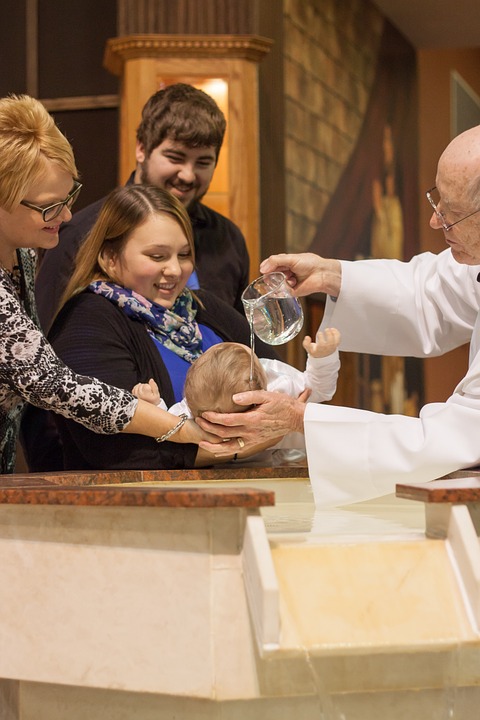
What Happens During a Sunday Worship Service?
The weekly gathering at a Christian Church is a time for fellowship, worship, and learning. On Sundays, believers gather to

The weekly gathering at a Christian Church is a time for fellowship, worship, and learning. On Sundays, believers gather to

Finding a church can be overwhelming, especially if you are new to the faith. Do you know what to look

When was the last time you stopped, took a deep breath, and just enjoyed the moment? In today’s fast-paced world,

Online discipleship is a growing trend in the Christian community. It has many benefits, making it a great way to

When you are baptized Catholic, you make several promises to God. These promises are essential, and you must understand their

A spiritual life coach can help you on your journey by providing guidance and support as you seek to connect

In many faiths, the idea of including a memorial prayer during the funeral service or even at the grave site

A Cenacle retreat provides the opportunity for individuals to examine the presence of God in their lives and develop a